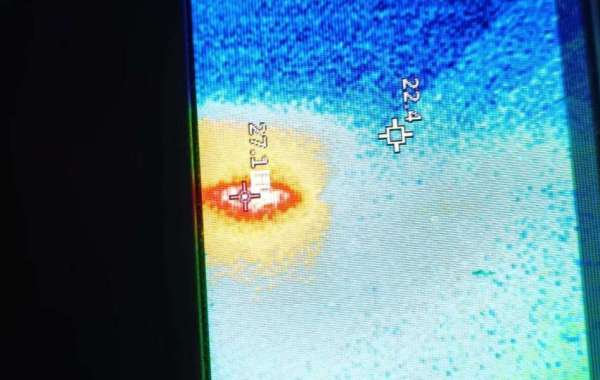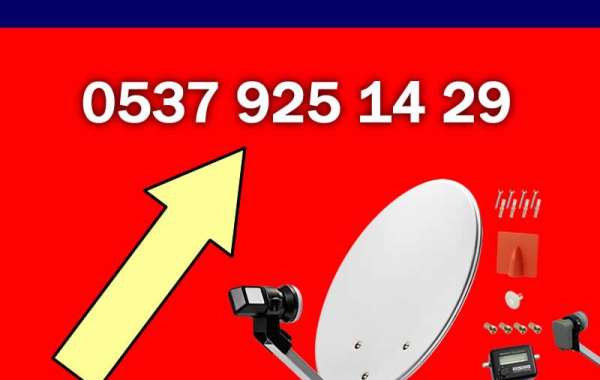For most drivers, a speeding ticket feels like an open-and-shut case. The camera flashed, the laser gun produced a reading, and a letter arrived in the post. The natural, and often resigned, response is to assume there is no defence. After all, if the machine says you were speeding, that must be the end of the story, right?
This is a fundamental misunderstanding of how the law works. A speeding prosecution is not just about whether you were travelling over the limit; it is about whether the police and the Crown Prosecution Service can prove their allegation, beyond a reasonable doubt, using reliable evidence that has been gathered in strict accordance with legal and technical procedures. It is in the fine print of these procedures where cases are often won and lost. The crucial role of specialist speeding offence lawyers is to deconstruct the prosecution's case, scrutinise the technical details, and identify the defences that most drivers never know exist. At Motoring Defence, this is our specialism.
The First Hurdle: The Notice of Intended Prosecution (NIP)
Before the evidence of your speed is even considered, the prosecution must clear a critical procedural hurdle. Under Section 1 of the Road Traffic Offenders Act 1988, the police are legally required to serve a Notice of Intended Prosecution (NIP) on the registered keeper of the vehicle within 14 days of the alleged offence.
- The 14-Day Rule:This deadline is strict. If the NIP arrives on the 15th day or later, and there is no valid reason for the delay, the entire prosecution can be deemed invalid. This is often the first thing an expert lawyer will check.
- The Duty to Respond:It is absolutely vital to understand that even if you believe the NIP is late or flawed, you are still legally required to respond to the request for driver information. Failing to name the driver is a separate and often more serious offence ('Failing to Furnish Information'), which carries 6 penalty points and a large fine.
Specialist speeding offence lawyers can provide immediate advice on how to handle a potentially invalid NIP without falling foul of the separate requirement to provide driver details.
Challenging the "Reliable Evidence" of Speed Cameras
The evidence from a speed detection device might seem infallible, but it is only admissible in court if the device has been correctly maintained and operated.
- Calibration Certificates:Every type of Home Office-approved speed detection device, from the common Gatso camera to the handheld laser gun, must be calibrated by the manufacturer or an approved specialist, typically once a year. Your solicitor will demand to see a valid, in-date calibration certificate for the specific device used in your case. If the prosecution cannot produce this certificate, the speed reading evidence is often rendered inadmissible.
- Secondary Corroboration:For some fixed cameras, the law requires a "secondary check" to corroborate the camera's primary reading. The most common example is the white lines painted on the road surface in a Gatso camera zone. A lawyer will examine the photographic evidence to ensure these lines are clearly visible and can be used to perform a manual speed calculation. If they are faded or obscured, it can form the basis of a strong defence.
- Operator Error:With handheld laser devices, the reading is dependent on the skill of the police officer operating it. An expert can challenge the evidence by questioning the conditions at the time, the distance, and the possibility that the laser "slipped" or accidentally targeted a different vehicle.
The Importance of Correct and Lawful Signage
For a speed limit to be enforceable, the law requires that the signage indicating that limit must be clear, correctly placed, and compliant with the detailed specifications in the Traffic Signs Regulations and General Directions.
If the signs for a specific speed limit are missing, obscured by trees, damaged, or are of a non-prescribed type, it can provide a complete defence to an allegation of speeding. Expert speeding offence lawyers understand these highly technical regulations and know what constitutes an unenforceable speed limit. This can sometimes involve visiting the location of the alleged offence to gather photographic evidence of the faulty signage.
Motoring Defence: Your Technical and Procedural Experts
Successfully defending a speeding allegation requires a solicitor who is as much a technical expert as they are a legal one. This unique combination of skills is the foundation of our practice at Motoring Defence. Our specialist speeding offence lawyers are masters of this niche field.
Our approach is forensic:
- We immediately analyse the procedural aspects of your case, starting with the timing and validity of the NIP.
- We demand and scrutinise all technical evidence, including calibration certificates and maintenance logs for the equipment used.
- We build your defence on a foundation of procedural and technical accuracy, with the aim of having the case withdrawn before it ever reaches a courtroom.
- If your licence is at risk from "totting up," we are experts in presenting powerful mitigation and "exceptional hardship" arguments to save your licence.
Don't Assume You Have No Defence
A speeding allegation is often far more complex than it appears on the surface. The burden of proof is always on the prosecution, and they must be held to the highest standard. The expertise of specialist speeding offence lawyers is the key to ensuring that every procedural and technical requirement has been met.
Before you simply accept the points and the fine, find out if you have a valid defence. Contact Motoring Defence for an expert analysis of your case.








